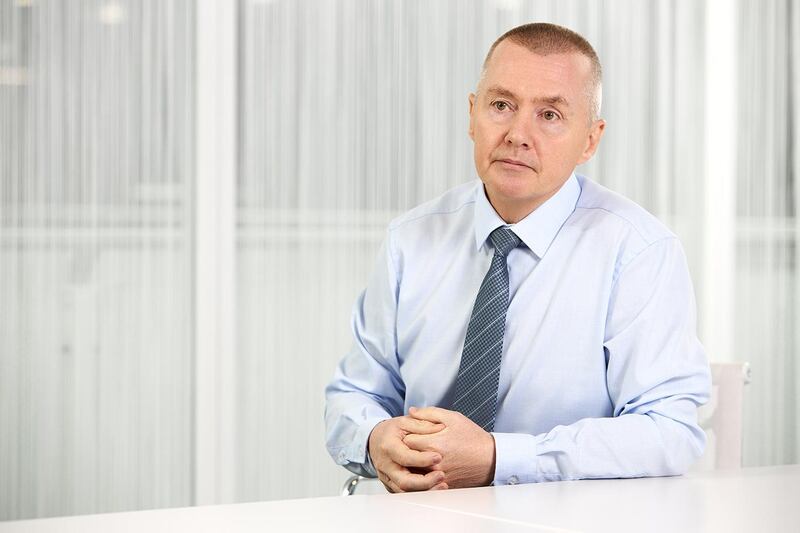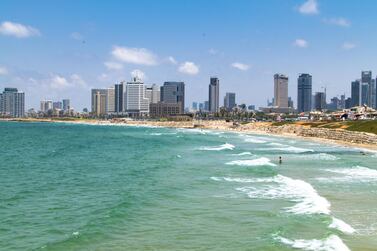The International Air Transport Association (Iata)'s new chief urged governments to put an end to monopolistic pricing behaviour by some airports and others in the aviation supply chain.
Some airports, such as London's Heathrow, and air traffic control companies are exploiting a weakened airline industry by raising their prices in a bid to recoup some of the losses they suffered in 2020, Willie Walsh, Iata's newly-appointed director general, said on Wednesday in his first press briefing in the role.
"We cannot accept and we will not accept monopolistic-type behaviours from key elements of the value chain who may seek to recover their losses that they've incurred in 2020 from the industry as we seek to get going again," he said.
"We will be very strong and aggressive in opposing this and we will work with our member airlines to ensure that these suppliers don't take advantage of the situation.
"We will expect economic regulators and governments to recognise the need to step in and ensure that this sort of behaviour, which is clearly not acceptable, is not tolerated," he said.
Mr Walsh, a former chief executive of British Airways' parent International Airlines Group, became director-general of Iata at the beginning of this month. The industry veteran, who has more than 40 years of experience in aviation, has taken over the role from former Air France-KLM chief Alexandre de Juniac.
International traffic plunged 89 per cent in February compared with the same month in 2019, with no signs of recovery in the current environment, Mr Walsh said.
Forward reservations for the normally lucrative summer season remain a concern, Iata said.
Net bookings for travel between May and September are at 32 per cent of 2019 levels in North America, 20 per cent in the Middle East, 15 per cent in Europe and 14 per cent in Asia, according to the airline lobby group.
A V-shaped recovery in the global economy, where global output is back to pre-crisis levels, has raised fuel costs. This has left cash-strapped airlines to contend with rising jet fuel prices as well.
"Airlines are now having to pay more than $70 per barrel for jet fuel prices, which is almost as expensive as it was before the crisis and clearly that's making it more challenging to get back to cash-positive operations," Brian Pearce, Iata's chief economist, said.
However, Mr Walsh said he is optimistic that passenger traffic will recover strongly once travel restrictions are eased or removed due to pent-up demand.
"We should remain optimistic that the second half of this year will be more positive than we have seen so far," the former pilot said.
"The expectation of the vaccine rollout accelerating is one of the reasons why we can be optimistic that things will start to improve.”
With the Covid-19 vaccine campaigns accelerating, there's a "good chance" that some markets in advanced economies will open to air travel in the second half of the year, Mr Pearce said.








